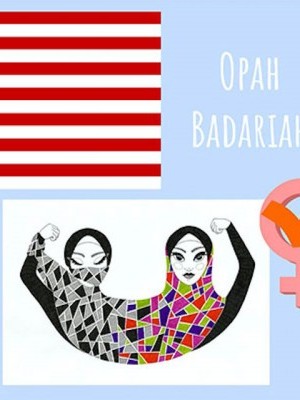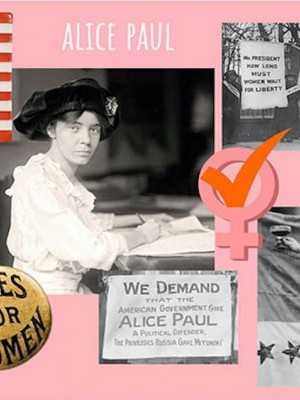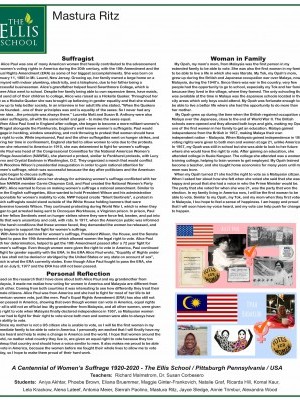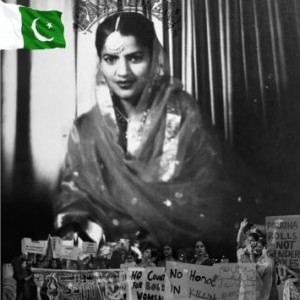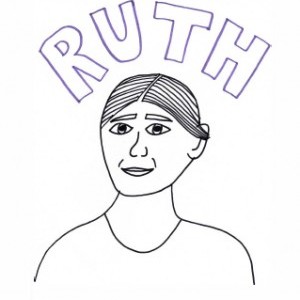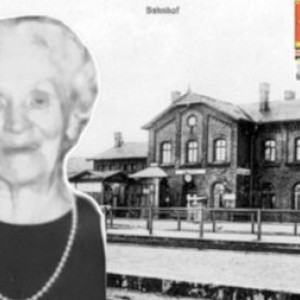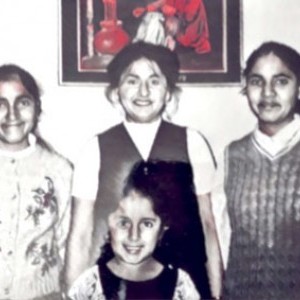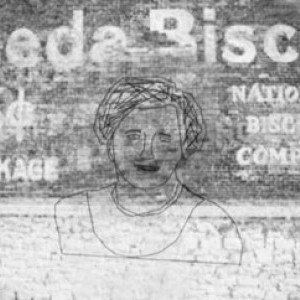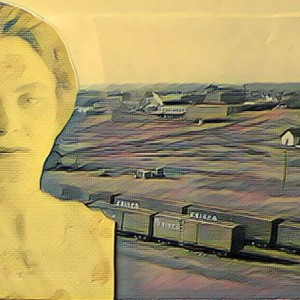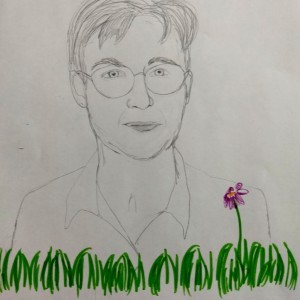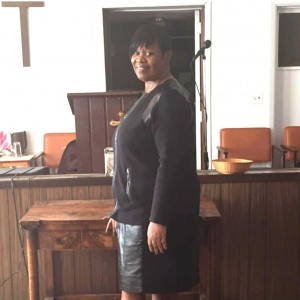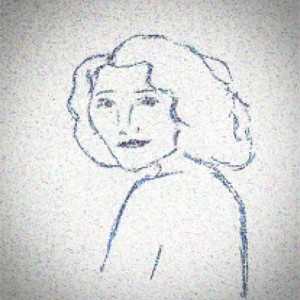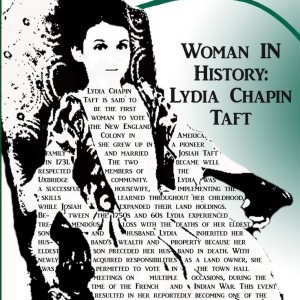Mastura Ritz
The Ellis School | Pittsburgh, PA | 11th Grade
Inspirational Family Member
My Opah
My Opah, my mom’s mom, from Malaysia was the first person in my extended family to be able to vote. She was also the first woman in my family to be able to live a life in which she was literate. My Tok, my Opah’s mom, grew up during the British and Japanese occupation war over Malaya, now Malaysia, during the 1940’s. Since there was war in the country, very few people had the opportunity to go to school, especially my Tok and her family because they lived in the village, where they farmed. The only schooling that was available at the time in Malaya was the Japanese schools located in the city areas which only boys could attend. My Opah was fortunate enough to be able to live a better life where she had the opportunity to do more than her mother.
My Opah grew up during the time when the British regained occupation of Malaya over the Japanese, close to the end of World War II. The British schools were opened and they allowed both boys and girls, making my Opah one of the first women in her family to get an education. Malaya gained independence from the British in 1957, making Malaya their own independent nation — Malaysia. When Malaysia gained independence in 1957, voting rights were given to both men and women at age 21, unlike America. In 1957, my Opah was still in school but she was able to look to her future where she would have the right to vote. After gaining an education, she attended college in Kuala Kangsar. The college she attended was a women’s training college, helping to train women to get employed. My Opah trained to become a teacher, and she taught home economics for many years until my mom was born.
When my Opah turned 21 she had the right to vote as a Malaysian citizen. When I asked her about how she felt when she voted she said that she was happy and proud that she had a voice in who the Prime Minister would be. The party that she voted for when she was 21, was the party that won the election. In my family living in America now, I will be the first woman to be able to vote. Similar to my Opah, my Tok, and my mom when they first voted in Malaysia, I too hope to feel a sense of happiness. I am happy and proud that I will soon have my voice heard, and my vote can help push for changes to happen, because all I have been able to do is just voice my opinion in hopes that my voice will be heard through someone else’s voice, but in a short few months when I am 18, I will be able to help make a change.
Historical Figure I Admire
Alice Paul
Alice Paul was one of many American women that heavily contributed to the advancement of women’s voting rights in America during the 20th century, with the 19th Amendment and the Equal Rights Amendment (ERA) as some of her biggest accomplishments. She was born on January 11, 1885 in Mt. Laurel, New Jersey. Growing up, her family owned a large home on a farmyard with indoor plumbing, electricity, and a telephone, due to her father being a successful businessman. Alice’s grandfather helped found Swarthmore College, which is where Alice went to school. Despite her family being able to own expensive items, have maids, and send all of their children to college, Alice was raised as a Hicksite Quaker. Throughout her life as a Hicksite Quaker she was brought up believing in gender equality and that she should grow up to help better society. In an interview in her adult life she stated, “When the Quakers were founded…one of their principles was and is equality of the sexes. So I never had any other idea…the principle was always there.” Lucretia Mott and Susan B. Anthony were also Quaker suffragists, all with the same belief and goal – to make the sexes equal.
When Alice Paul lived in England after college, she began to become a more militant woman suffragist alongside the Pankhursts, England’s well known women suffragists. Paul would engage in heckling, window smashing, and rock throwing to protest that women should have the right to vote. While imprisoned, Paul and the other suffragettes went on hunger strikes, and during her time in confinement, England started to allow women to vote due to the protests. When she returned to America in 1910, she was determined to fight for women’s suffrage. While Paul was head of the Congressional Committee for the National American Women’s Suffrage Association (NAWSA), she planned a protest, similar to the Pankhurst protests, with Lucy Burns and Crystal Eastman in Washington, D.C. They organized a march that would conflict with Woodrow Wilson’s presidential inauguration in order to gain national attention for women’s suffrage, which was successful because the day after politicians and the American people began to discuss suffrage.
Alice Paul left NAWSA since her strategy for achieving women’s suffrage conflicted with her fellow NAWSA member Carrie Chapman Catt, and Paul created the National Women’s Party (NWP). Alice wanted to focus on making women’s suffrage a national amendment. Similar to how the English suffragettes, Alice wanted to hold President Wilson and his administration responsible for women’s inability to vote. NWP helped create “Silent Sentinels”, a protest group in which suffragists would stand outside of the White House holding banners that were subversive towards Wilson. They continued protesting during World War I, which is when they began to get arrested and being sent to Occoquan Workhouse, a Virginian prison. In prison, Paul and her fellow Sentinels went on hunger strikes where they were force fed, beaten, and put into cells that were unsanitary and cold, with rats. In 1917, when the American public was informed of the harsh conditions that these women faced, they demanded the women be released, and they began to support the fight for women’s suffrage.
With America’s demand for women’s suffrage, President Wilson, the House, and the Senate helped to pass the 19th Amendment which allowed women the legal right to vote. Alice Paul with her determination, helped to get the 19th Amendment passed after a 72 year fight for women’s suffrage. Even though women were given the right to vote in America, Paul continued to fight for gender equality with the ERA. In the ERA Alice Paul wrote, “Equality of Rights under the law shall not be denied or abridged by the United States or any state on account of sex”, which is what the ERA currently states. Even though Alice Paul fought to pass the ERA, she died on July 9, 1977 and the ERA has still not been passed.
SOURCES +
What the Project Means to Me
Based on the research that I have done about both Alice Paul and my grandmother from Malaysia, it made me realize how voting for women in America and Malaysia are different from each other. Coming from both countries it was interesting to see how differently they treat their female citizens. Alice Paul was from America and she had to fight for most of her life to let American women vote, just like men. Paul’s Equal Rights Amendment (ERA) has also still not been passed in America, showing that even though women can vote in America, equal rights for all is still not an official law. My grandmother from Malaysia, and all other women, were given the right to vote when Malaysia finally declared independence in 1957, so Malaysian women never had to fight for their right to vote since both men and women were able to always have the ability to vote.
Since my mother is not a US citizen she is unable to vote, so I will be the first woman in my immediate family to be able to vote in America. I personally am excited that I will finally have my voice heard and help to make a change in America and the world. I hope that women around the world, no matter what country they live in, are given an equal right to vote because they too make up that country and should have a voice similar to men. It also makes me proud to be able to vote in America, because the women before me fought their whole lives to allow me to vote today, so I hope to make them proud of their hard work.
Explore the Archive
More From This Class
Click on the thumbnails below to view each student's work.Deadline Extended
There's still time to join Women Leading the Way.
Become a part of our storytelling archive. Enroll your class today.
Join the Project

